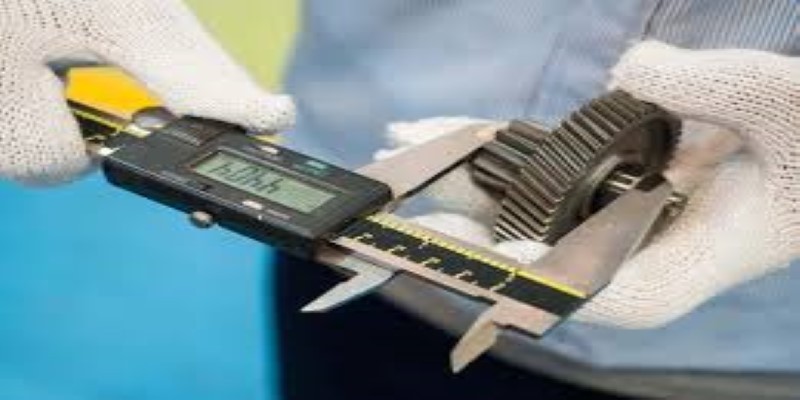
About Course
Principles of Mechanical Measurement.
Measurement is always of fundamental significance to practicing engineers. For the development of any mechanical design procedure, experiments are of paramount interest.
Accordingly measurement and correct interpretation of the concerned observation is a necessary part of any standard engineering task and also R&D. Present course will introduce the students to the fundamentals of measurement, discussing various relevant concepts & terminologies.
The mathematical background required to categorize & analyze various measurement devices will be prepared and a very pertinent discussion on digitalization will be presented.
Subsequently several classical and modern procedures for measuring parameters of scientific interest, such as displacement, motion, stress, force, flow, pressure, temperature, etc., will be discussed in detail.
Principles of Mechanical Measurement INTENDED AUDIENCE: Undergraduate students of Mechanical Engg. and similar branches; Faculty member associated with Mechanical Engg.; Practicing engineers associated with production/manufacturing industries.
Course Content
Principles of Mechanical Measurement
-
Principles of Mechanical Measurement [Intro video]
00:00 -
Lec 1: Introduction to measurement
00:00 -
Lec 2: Generalized measurement system & static characteristics
00:00 -
Lec 3: Uncertainties in measurement
00:00 -
Lec 4: Statistical treatment of random errors
00:00 -
Lec 5: System response to periodic inputs
00:00 -
Lec 6: Zeroth & first order systems
00:00 -
Lec 7: First & second order systems
00:00 -
Lec 8: Basics of digitization & number systems
00:00 -
Lec 9: Binary logic gates & binary codes
00:00 -
Lec 10: Analog-to-digital conversion
00:00 -
Lec 11: Digital-to-analog conversion
00:00 -
Lec 12: Electromagnetic indicators
00:00 -
Lec 13: Electronic amplifiers & filters
00:00 -
Lec 14: Resistive devices
00:00 -
Lec 15: Inductive, capacitive & optical devices
00:00 -
Lec 16: Piezoelectric & nozzle-flapper transducers
00:00 -
Lec 17: Resistive strain gages & associated circuitry
00:00 -
Lec 18: Strain gage rosettes & gage orientation
00:00 -
Lec 19: Elastic & strain gage load cells
00:00 -
Lec 20: Various load cells & dynamometers
00:00 -
Lec 21: Principles of manometry
00:00 -
Lec 22: Piezometer & elastic pressure transducer
00:00 -
Lec 23: Electric pressure transducer and high & low pressure measurement
00:00 -
Lec 24: Bernoulli’s equation in obstruction meters
00:00 -
Lec 25: Obstruction meters & volume flowmeters
00:00 -
Lec 26: Mass flowmeters & velocity probes
00:00 -
Lec 27: Expansion-based devices
00:00 -
Lec 28: RTD, Thermistor & Thermocouple
00:00 -
Lec 29: Introduction to pyrometers
00:00 -
Lec 30: Basic seismic transducer
00:00 -
Lec 31: Vibro-, velo- & accelerometer
00:00 -
Lec 32: Introduction to acoustic measurement
00:00 -
Lec 33: Radioactivity & its biological effects
00:00
Student Ratings & Reviews

